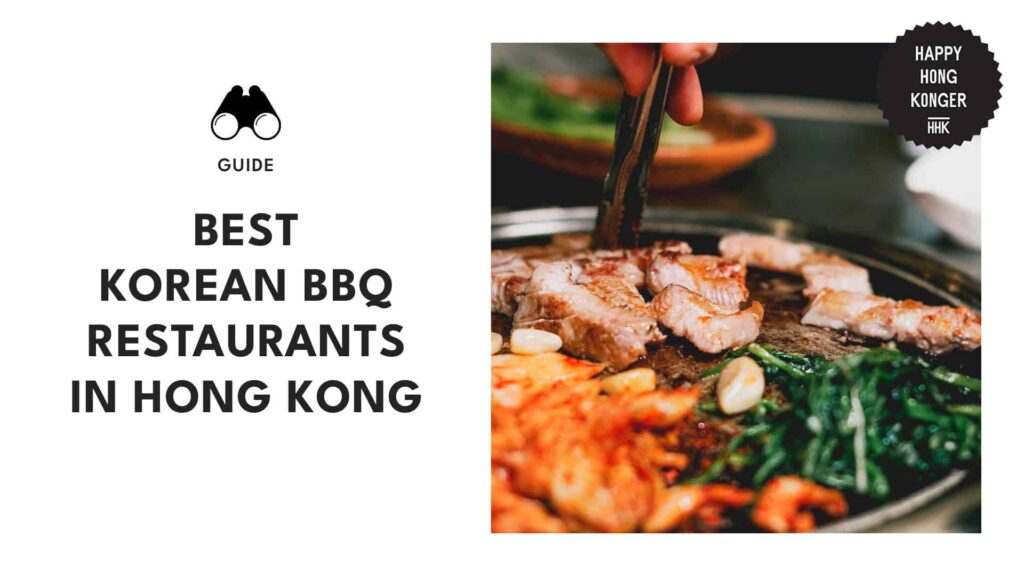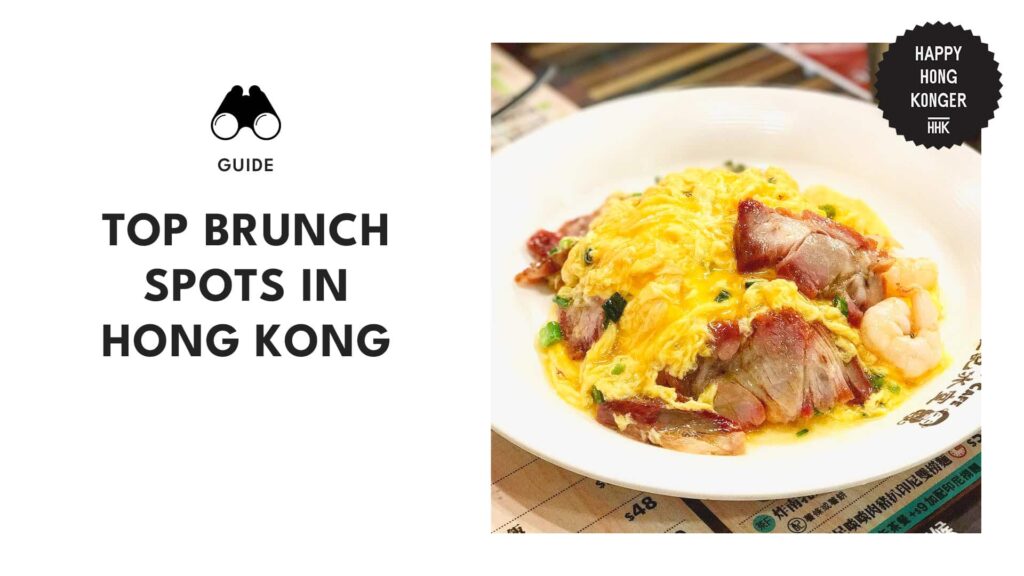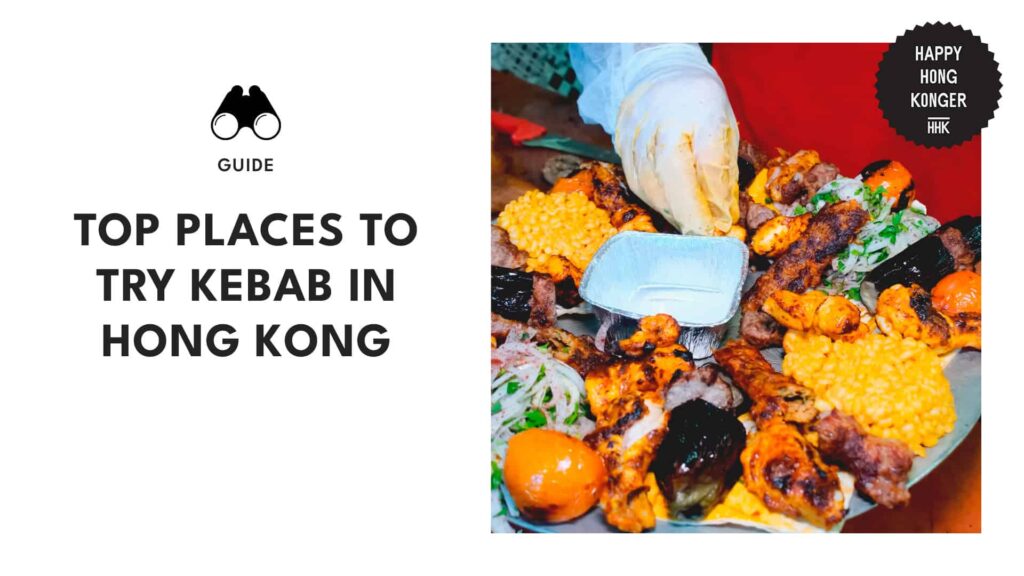Categories > Guides and Tips

Your Guide to Cantonese Slang in Hong Kong
- Is it important to learn Cantonese slang in Hong Kong?
- Is Cantonese slang difficult to learn?
- What are Cantonese slang words I need to learn in Hong Kong?
- 文青 (man-sing)
- 扮豬吃老虎 (Ban-joo-sheikh-low-foo)
- MK (em-kay)
- 升呢 (Sing-lay)
- 老餅 (Low-bang)
- 美魔 女 (may-ee-mo-noy)
- 小鮮肉 (Show-shin-row)
- 綠茶婊 (Loo-chah-byao)
- 世界仔/女 (Sigh-guy-zigh or Sigh-guy-noy)
- 嘟 (Doot)
- 竹升 (zuck-sing)
- 生人唔生膽 (sang-yan-sam-dang)
- 放閃 (fong-shan)
- What are ways to learn Cantonese slang in Hong Kong?
- Make friends with locals
- Use it in conversations
- Be active on social media
- Watch TV
- Listen to how people talk
One of the most beautiful things about language is that it’s constantly evolving. You can certainly say that of Cantonese in Hong Kong!
For foreigners or those unfamiliar with Cantonese, understanding our slang can be a daunting task. However, we believe it’s essential to learn if you want to speak like a local.
That’s why we compiled this guide – to help you jumpstart your learning of our slang. With this, you should speak like a Hong Konger in no time!
Is it important to learn Cantonese slang in Hong Kong?
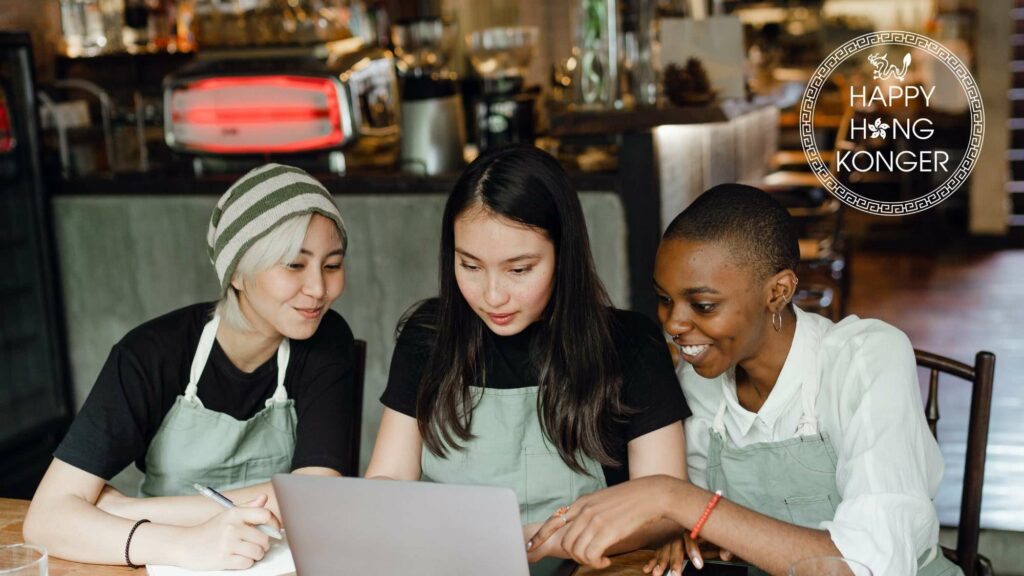
Yes, it’s important to learn Cantonese slang in Hong Kong if you want to fit in with locals and help them feel more at ease with you. By knowing slang in Hong Kong, you can make locals view you in a different light, like you’re part of their group.
Is Cantonese slang difficult to learn?

Cantonese slang tends to be difficult to learn. You have to know the cultural intricacies of certain words or phrases in order to understand them. Moreover, if you’re someone who doesn’t live in Hong Kong and isn’t exposed to how locals speak, it would be harder for you.
Even so, it’s not impossible. Once you figure out the thought process or history behind the terms, it will become easier for you to understand them.
What are Cantonese slang words I need to learn in Hong Kong?

There are a lot of Cantonese slang words and phrases included in the daily vocabulary of a Hong Konger. We compiled a list of them including the meaning, so you can speak like a local in no time.
1. 文青 (man-sing)

Man cing pronounced as Man-sing (or “arts youth”, in English) is what you call young and hip people who tend to lean towards artistic interests like reading, drawing, writing, etc.
They say that this term came from Taiwan, originally used for intellectual people. However, its use eventually evolved so it can now be used for artists and fashionistas.
2. 扮豬吃老虎 (Ban-joo-sheikh-low-foo)

When translated to English, 扮豬吃老虎 literally means (“to play the pig to eat the tiger”). It sounds confusing, we know!
To describe what it actually means, it’s when you pretend to be innocent or ignorant with the goal to manipulate other people.
3. MK (em-kay)
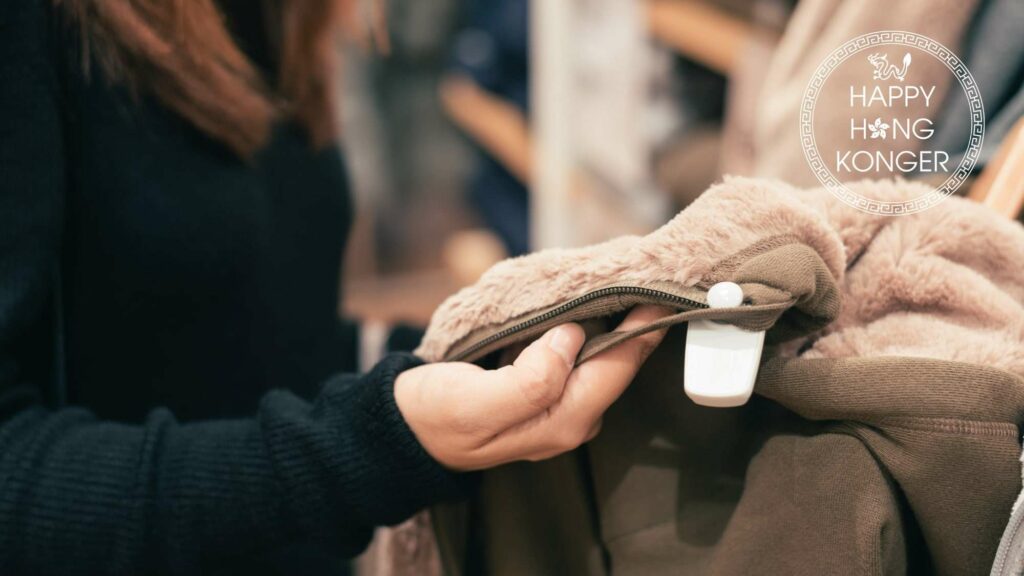
You probably know this one already. We’ll give you a chance to guess! MK stands for a popular shopping spot in Hong Kong.
If you guessed Mong Kok, you get a point! Now, that wasn’t so hard right?
Anyway, while it stands for Mong Kok, the meaning of the slang is totally different. Be careful when you use this because it’s a derogatory term to describe someone who doesn’t have style.
Notice how there are a lot of markets in Mong Kok that sell cheap and sometimes trendy clothing items? Now, imagine someone who buys all their clothes from them or someone who’s always wearing head-to-toe knock offs styled in the tackiest way. That’s MK!
4. 升呢 (Sing-lay)

升呢 (Sing-lay) is slang that Hong Kongers use a lot when things seem to be working out for them.
In a literal sense, it means “to raise to another level or level up”, which originated from RPG games. Many include it in their vocabulary when they ace a test, when they get a raise at work, or when they just generally reach a certain goal.
5. 老餅 (Low-bang)

老餅 (Low-bang), or old cake, is used to refer to “someone who’s not updated with the current trends”.
For example, ribbons are very much in trend right now, especially among Gen Z mostly because of the rising popularity of ballet core.
If you don’t have any idea what we said just now, you’re probably a low bang!
Anyway, this term can also be used for older people or a senior in your department.
6. 美魔 女 (may-ee-mo-noy)

美魔 女 is what you call hot older women in Hong Kong. It literally means “beautiful witch”.
They’re classy and probably don’t forget to spray their Coco Mademoiselle Eau de Parfum before leaving their home in the Deep Water Bay neighborhood. Okay, maybe not all mei mo lui are that luxurious but you get the idea.
7. 小鮮肉 (Show-shin-row)

小鮮肉 is what Hong Kongers use to describe handsome macho men, typically those who are around their early 20s. It literally means “small fresh meat”.
Imagine that dude from your gym who’s really hot. Chances are people would call him show-shin-row.
8. 綠茶婊 (Loo-chah-byao)

In English, 綠茶婊 (Loo-cha-byao) means “green tea bitch” – pardon our French!
Like pure green tea, a woman who’s a loo-cha-byao is someone who appears pure, but has different intentions, mostly hoping to garner male attention.
However, we find that this term could be quite misogynistic, so we don’t really recommend using it. Still, we wanted to add this so you know this is something to avoid!
9. 世界仔/女 (Sigh-guy-zigh or Sigh-guy-noy)

Moving forward from the slang used as insults, let’s go towards the more positive ones, shall we?
世界仔 Sigh-guy-zigh (for men) or 世界女 Sigh-guy-noy (for women) basically means “someone who’s good at social settings”. You can call most extroverts a sigh-guy-zigh/noy, especially if they know how to converse with different types of people.
10. 嘟 (Doot)
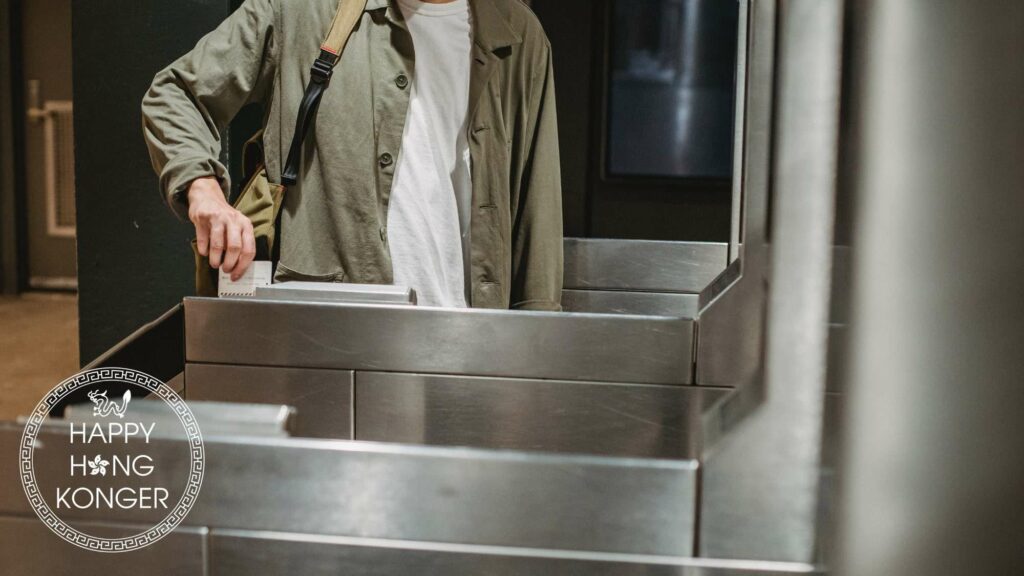
Now, this one’s kinda cute. It’s actually an onomatopoeia that’s a bit hard to explain.
If you’ve ever taken the MTR in Hong Kong, you’ve most likely heard of this sound when you swiped your train card – 嘟 doot!
Basically, it just means “to swipe (a card) or to honk a car”.
11. 竹升 (zuck-sing)

竹升 (zuck-sing) is “bamboo rise” in English and is used for someone in Hong Kong who has adapted the Western culture more than the local one.
People who are zuck-sing are usually those who have lived abroad for quite a long time, so they weren’t as exposed to Chinese values and culture as people expect them to be.
12. 生人唔生膽 (sang-yan-sam-dang)

生人唔生膽 (sang-yan-sam-dang) is a phrase is used to describe people who are cowards.
If you translate it in English, it means “the person is born, but without the gallbladder”. It’s like saying “you don’t have balls” in English.
13. 放閃 (fong-shan)

Have you ever been a third wheel to your friend and their partner? If you’ve seen a couple in their lovey dovey state, then it’s easy for you to understand what 放閃 (fong-shan) means.
It can be translated to “releasing sparkles”, in English. It’s what you use to describe the sparkling ambiance you can feel from couples when they’re acting sweet towards each other.
What are ways to learn Cantonese slang in Hong Kong?

There are different ways to learn Cantonese slang in Hong Kong, especially if you’re a resourceful individual. You can make friends with locals, you can scour social media, listen to people talk, and more.
Check out 5 easy ways to learn local slang below.
1. Make friends with locals
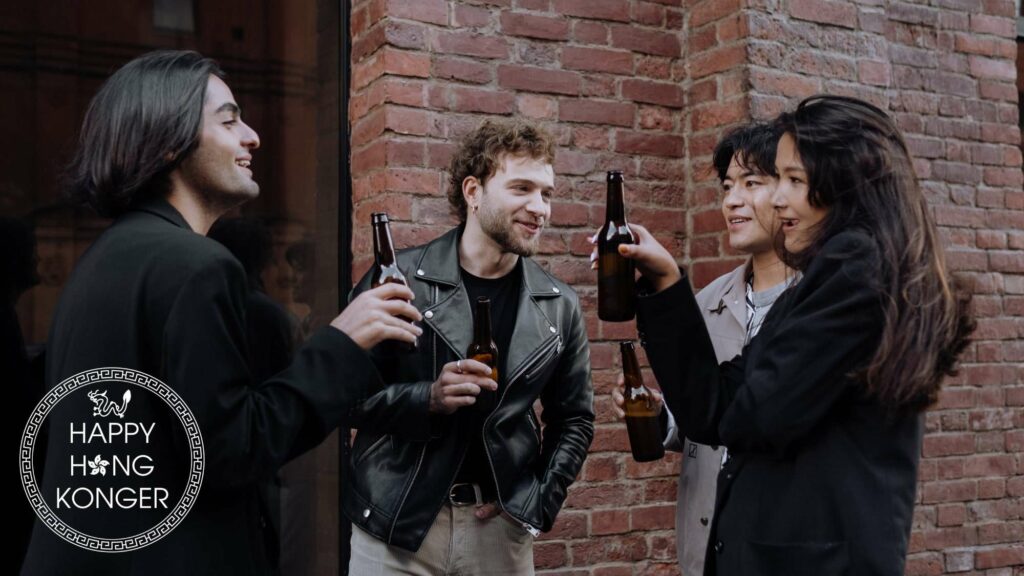
There’s nothing like fully immersing yourself in a language to learn it fully. That’s why if you want to learn Cantonese slang, we highly suggest making friends with locals.
You’ll be able to pick up their words in no time, helping you learn slang easily and naturally. You’ll even be able to brush up on your Cantonese!
2. Use it in conversations

When learning a language, it’s important to incorporate it into your daily life so you don’t forget it. To be an expert in Cantonese slang in Hong Kong, you also need to put it into practice by using it in conversations.
Of course, make sure which ones are or aren’t derogatory to avoid insulting anyone!
3. Be active on social media

You’ll see a lot of slang being used in social media. If you want to learn Hong Konger’s Cantonese slang, be active in circles that speak Cantonese.
If you’re a visual learner, following a Hong Konger influencer might help you pick up words faster.
If you like listening exercises, you can find plenty of Hong Kongers on Tiktok. From food and fashion to news and culture, you’re bound to find one you enjoy watching.
As you listen to them, you’re bound to learn a slang word or two. Being able to explore different topics depending on your interests is a plus too!
4. Watch TV

Another way to learn Cantonese slang in Hong Kong is by watching TV. Depending on what you watch, you’ll be able to know how Hong Kongers really speak and how they incorporate slang in their daily life.
Watching TV would give you an idea on how to best use slang in sentences to make it sound more natural.
5. Listen to how people talk

If you’re out in Hong Kong a lot, you’ll be able to catch different conversations as you go about your day. While listening to conversations can be looked down upon because it’s being nosy, we think it depends on the context.
This is a learning experience for you because you’ll be able to hear how Hong Kongers converse with their family, with their friends, or with their partner.
The world is your oyster, as they say. In this case, Hong Kong is rich in resources if you’re a Cantonese learner so Hong Kong is basically your oyster.
